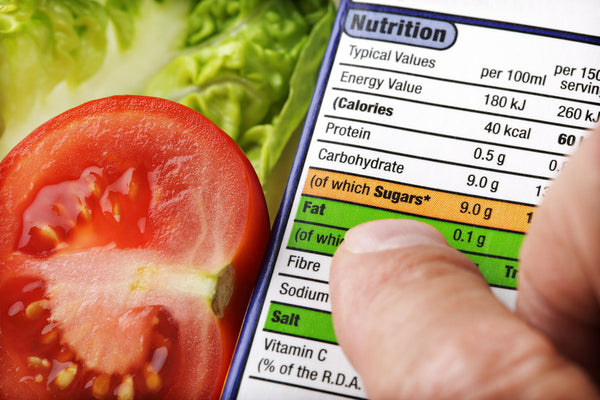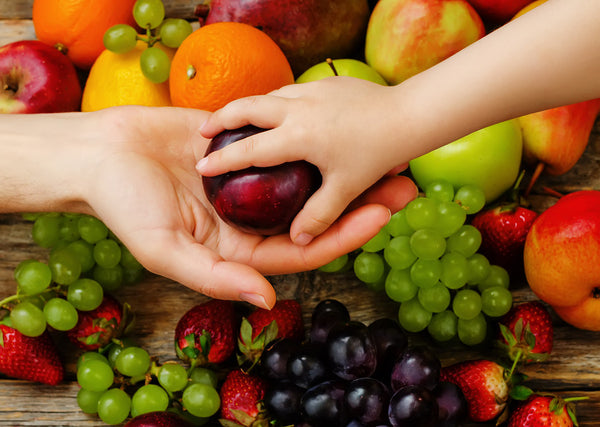Going vegan can be a difficult choice to make, even if you really want to help animals and the environment. We live in cultures that are generally meat and dairy-dependent, and in some areas it may feel impossible. For those beginner vegans who want to make the change, but don’t know what to expect – this is for you.
Bombarded By Questions
First, you will probably get a lot of questions, especially if you don’t live in a very vegan-friendly area. While vegetarianism and veganism are common in LA, Seattle, and New York, it can be a more unique lifestyle choice in the rural Midwest.
Expect some of your friends and family to pepper you with “where do you get your protein?” and “won’t we run out of farmland if we all went vegan?” For this reason, I’d recommend every vegan to be an informed vegan.
Know how to make nutritionally balanced meals, and take supplements for anything that you can’t get from food. Read up on the environmental effects of veganism, and how the animal agriculture industry harms people and the planet.
Time To Read Labels

Second, you’re going to spend some time reading ingredient labels. Animal ingredients are present in more places than you’d think. Whey – milk protein – is present in a number of common supermarket breads, for example. Honey is a common sweetener added to breads, cereals, and granola bars.
It’s not uncommon for beginner vegans to assume something has no animal products, only to find out later that they were wrong. Don’t beat yourself up; it happens to all of us. What’s important is that you’re making a conscious effort to reduce your intake; treat mistakes as learning experiences.
While it may seem tedious at first, it will soon come as second nature. In addition to making sure your meals are animal-free, you will also become more educated as to what is in your food. In this age of preservatives, color and flavor enhancers, and stabilizing agents, it’s important to know what exactly is going into our bodies.
A few extra seconds reading the labels will help you save animals and avoid harmful ingredients.
Take It Slow
Third, it’s okay to go slow. Many people begin their vegan life by phasing out animal products in waves. Any reduction in harm is a good thing, and the long-term benefits of lifelong veganism will more than make up for the animal products you consume while transitioning.
Take it slow, do your research, and, importantly, talk to some vegans. If you don’t know any in real life, there are many thriving online communities that would be happy to answer any questions you may have.
Vegans are a compassionate bunch, and most would be completely understanding of someone who feels that a slow transition will work best for them. The destination is more important than the journey, in this case. However, don’t go too slow as to lose your momentum.
While any reduction in animal usage is a good thing, remember what the ultimate goal is.
Start Eating With Purpose
Fourth, you need to plan your diet. There are certain nutrients that are difficult or impossible to get on a vegan diet, but that’s okay! The only supplement that you absolutely need is B12, which can be found in most pharmacies.
Iron is another concern in both omnivores and vegans. Beans, whole grains, and dark leafy greens have good amounts of iron, so include some in your daily meals. Calcium is commonly associated with dairy, but vegans should be able to get ample amounts with ease.
Dark leafy greens and soy products are loaded with calcium, and are widely available. If you need more, many breakfast cereals and protein bars are fortified with calcium. With regards to both iron and calcium, it might be a good idea to incorporate vitamin C in your meals.
Vitamin C has been found to aid absorption of both nutrients, making sure that you’re getting as much nutrition as possible out of your food. While most people vastly overestimate how much protein they need, athletes and fitness enthusiasts might need more than the average person.
For the gym rats out there, focus on beans, whole grains, soy products, nuts, nut butters, and seeds.
Beginning To Make A Change

Fifth, remember why you’re doing this. You are making a commitment to being a healthier, more compassionate, and more thoughtful person. There will be times when you are tempted to return to your omnivorous or vegetarian ways.
The dairy and meat industries have deep pockets, and run ads to push their positions. Meat and dairy are culturally important for many of us, and holidays can be awkward when you won’t eat the main courses.
On top of it all, it can be hard to feel like you are actually making a difference as a single person. Remember that no movement can succeed without thousands of individual people playing small but important roles. Our goals will not be met overnight. They might not even be met in our lifetimes.
But by living a compassionate and environmentally-friendly life, we are contributing to building a better future for both humans and animals and setting an example for others to do the same. Simply abstaining from animal products is making a very small financial impact on companies that profit off of the backs of animals.
Alone, these financial impacts are unnoticeable – it’s one person out of over 300 million. But together, we make a serious impact. The dairy industry is taking out attack ads on almond milk as their profits plummet. Meat giants like Tyson are investing in meatless alternatives in order to adjust to a changing market. In a capitalist society, the consumer has power. Going vegan is a way to exercise that power for good. Remember that when you feel like quitting.


Leave a comment: